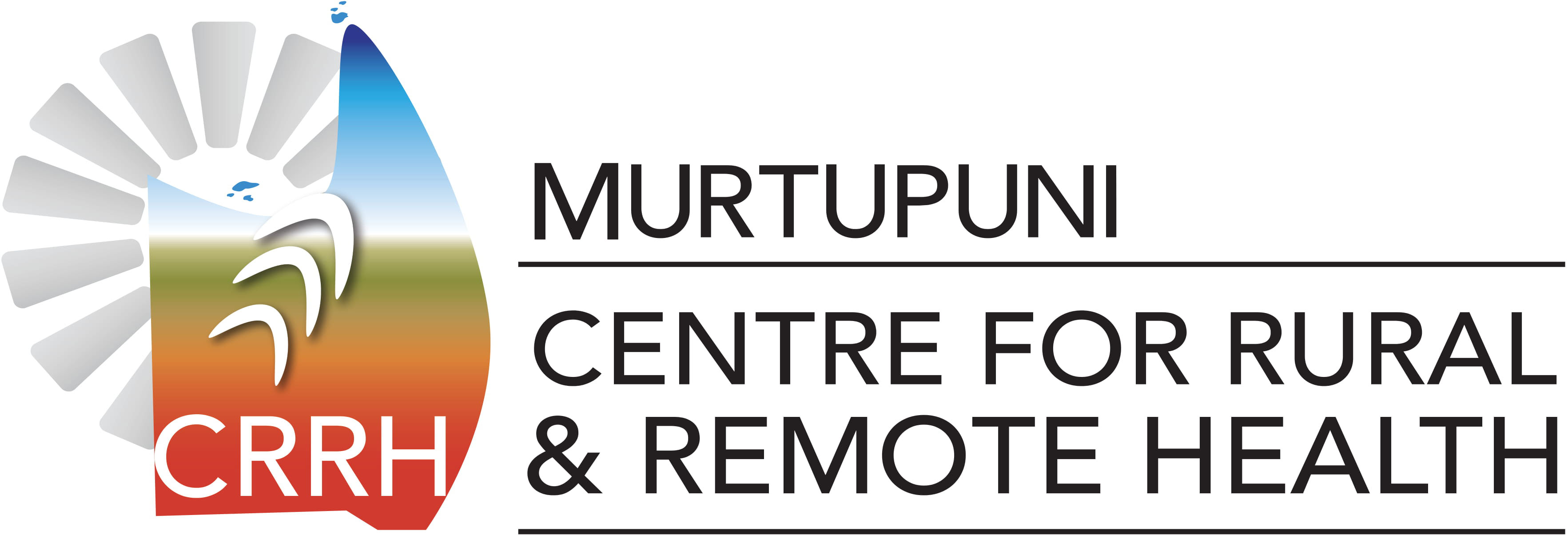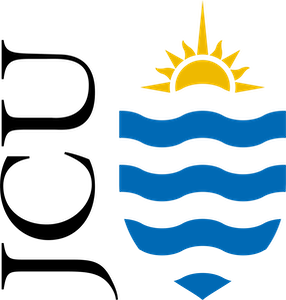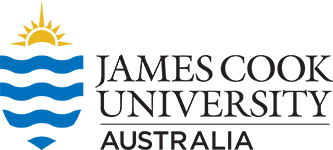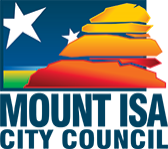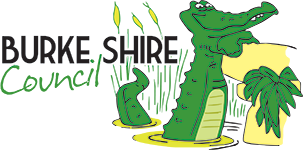About NARN
Quicklinks
Pages in this section:
NARN's Vision Statement
The people of northern Australia experience the highest attainable quality of life, health and wellbeing.
NARN's Purpose
NARN and IAHA work together to:
- promote large scale improvement in equity, access and quality of services in Northern Australia, focusing on multidisciplinary allied health care.
- strengthen the evidence base to foster evidence-informed practice and investment
- support the translation of evidence into practice, including through knowledge translation and dissemination
- prioritise self-determination of Aboriginal and Torres Strait Islander communities through prioritisation of Indigenous cultural knowledges and research leadership
- promote best practice in ethical and culturally responsive research and evaluation particularly through Aboriginal and Torres Strait Islander led research and research workforce development
- embed allied health workforce and knowledges, research and evaluation in Northern Australia
NARN Principles
All NARN projects and initiatives embed the following principles:
- Community leadership and place-based solutions
- Innovative people-centred services and systems
- Skilled and culturally-responsive workforce
- Evidence-informed practice, policy and investment
- Ethical, culturally-informed and strengths-based research and evaluation
NARN Value Proposition
One of the core strengths of NARN includes is its dedication to the communities of Northern Australia and its focus on Aboriginal and Torres Strait Islander peoples and communities. The strong connection between NARN and Indigenous Allied Health Australia is a unique opportunity for two-way learning and helps enable culturally safe and responsive practices. The focus on allied health (both workforce and practice) in the multidisciplinary context of northern Australia and NARN’s inclusive approach is also a strength of NARN.
NARN is an inclusive network that seeks to bring stakeholders together to achieve mutual goals. At this stage of NARN’s evolution, goals are broad, encompassing the many health and workforce challenges and issues facing Northern Australia.
NARN Research Strategies
The NARN research strategies are strength-based and solution-focused. They are based on authentic community engagement and the IAHA cultural responsiveness framework, and aim to strengthen allied health services and providers. The strategies are:
- Connect across northern Australia to bring together Aboriginal and Torres Strait Islander and non-Indigenous researchers, service providers and policy-makers
- Strengthen research participation to empower a new generation of researchers, especially Aboriginal and Torres Strait Islander researchers
- Co-create high quality research that is culturally-responsive and solution-focused research to strengthen the evidence base
- Translate research into evidence-based practice and policies to enhance outcomes
- Sustain an effectively functioning Northern Australian Research Network (NARN) and its programs and policies into the future
NARN Theoretical Frameworks
IAHA Cultural Responsiveness in Action Framework
Strength-based in which the capacity, skills, knowledge, resources, connections and potential in individuals, families and communities are valued, and culture and traditions are visible and centred
WHO Integrated People-Centred Health Services Framework
Health systems designed around people rather than around diseases.
Health services that are provided in a way that are coordinated around individuals, family and community needs, respects their preferences, and are safe, effective, timely, affordable, and of acceptable quality.
NARN's Key Research Themes
NARN is committed to effective allied health research which contributes to wellbeing across the full life span and the different settings people live and work in. NARN research themes include:
- Children developing well
- Young people growing up well
- Adults staying strong
- Older people ageing well in place
- Building a fit-for-purpose allied health workforce
